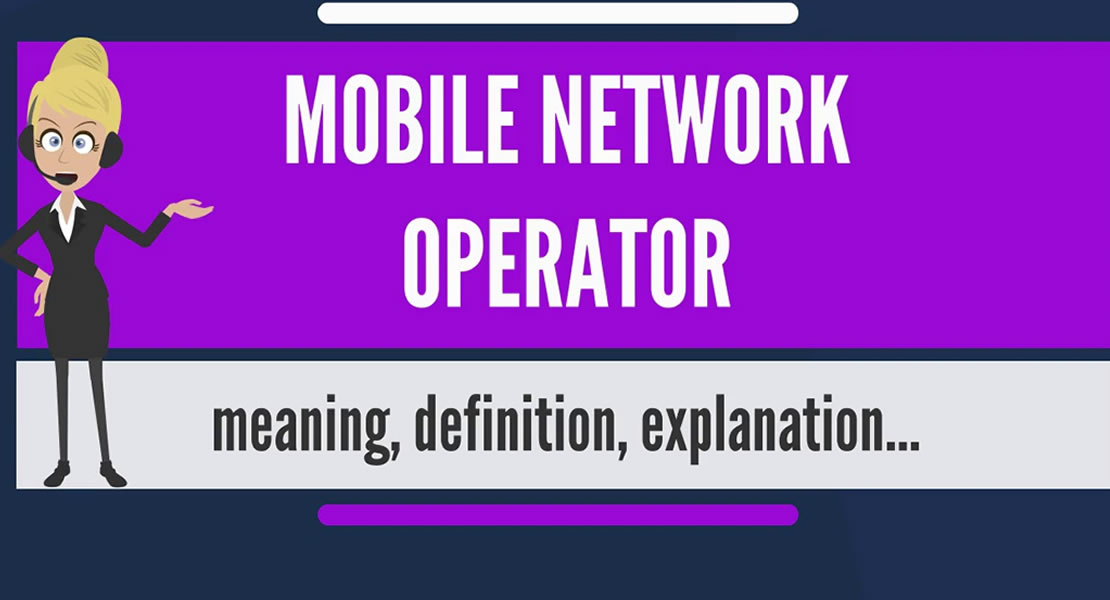
Communications Minister, Mr Haruna Iddrisu, has directed all mobile phone service operators in the country to establish what he described as ‘dedicated complaint units’ which would address the concerns of their customers.
“Communication is a critical business to all and, therefore, disruptions in service which can be fatal should not be prolonged to create problems for customers”, he added.
The sector minister, who gave the direction in an interview shortly after a round-table discussion on the regulatory platform to facilitate the growth of mobile payment systems in the country, said the complaints unit would serve as an avenue for customers to raise issues concerning services provided them and have solutions without delay.
The directive comes at a time when it is the expectation of customers of the various mobile service providers that the introduction of the Mobile Number Portability (MNP) will serve as a motivation for the operators to boost their services.
Particularly on radio, many subscribers continue to phone-in to complain about the service quality of their service providers.
Mr Iddrisu opined that the service providers needed to have complaints units that would serve the public 24-hours non-stop.
Earlier, when he opened the round-table, he described mobile payment systems as “a new emerging business opportunity worthy of consideration by many countries including Ghana”.
Mr Iddrisu disclosed that about two-thirds of the African population including Ghana are living within a physical range of a mobile network.
Against this background, he advocated the need to have “an enabling and robust regulatory framework that will define and clarify the relationships between the financial and telecoms sectors as well as other private-sector concerns for the mutual benefits of all players including the consumer.
Mr Iddrisu said it was the expectation of government to see a move towards a position where almost all the mobile operators would promote some form of money service.
He said it should also be possible for an increasing number of companies and utilities to sign agreements to accept payment from mobile phone operators.
The Country Director of UNPD, Dr Kamil Kamaludeen, for his part commended the country for what he described as a “great job for leapfrogging the global technological evolution by the rapid adoption of mobile phones, the result of which, is the exponential growth in the ICT industry of the last decade”.
According to him, having achieved this feat, the next level of this growth should involve transforming the potential of ICTs, and especially, mobile phones, as an enabler and a tool for achieving the Millennium Development Goals into rapid and concrete developmental results in a manner that reinforces the fundamental rights of the marginalised and the poor vulnerable .
Dr Kamaludeen also noted that it was refreshing to acknowledge the government’s consistent effort to streamline the telecoms sector and mainstream it for development, as demonstrated recently in the achievement of the MNP, a step in the right direction, with the vision of creating additional value for the Ghanaian consumer.
“Within this context, we are glad to support the government’s intention to bring into sharp focus the issue of mobile payment systems and the mechanisms required to drive additional national deployment and adoption by the unbanked and under-served informal sector”, he said.
Dr Kamaludeen further revealed that financial institutions in developing countries and emerging markets such as Ghana had a long history of overlooking the underprivileged population, especially those in the remote areas, since the cost of doing business was too great to be of economic value.
Consequently, he asked for a paradigm shift in order to determine how the poor may be profitably brought into the banking sector.
“Given the rapid uptake of m-payment services such as prepaid top-up, money and credit transfers in Eastern and Southern Africa, there is ample evidence that mobile payment systems hold a great promise for providing banking access to the remote, poor and under-served citizens.
Source: Daily Graphic